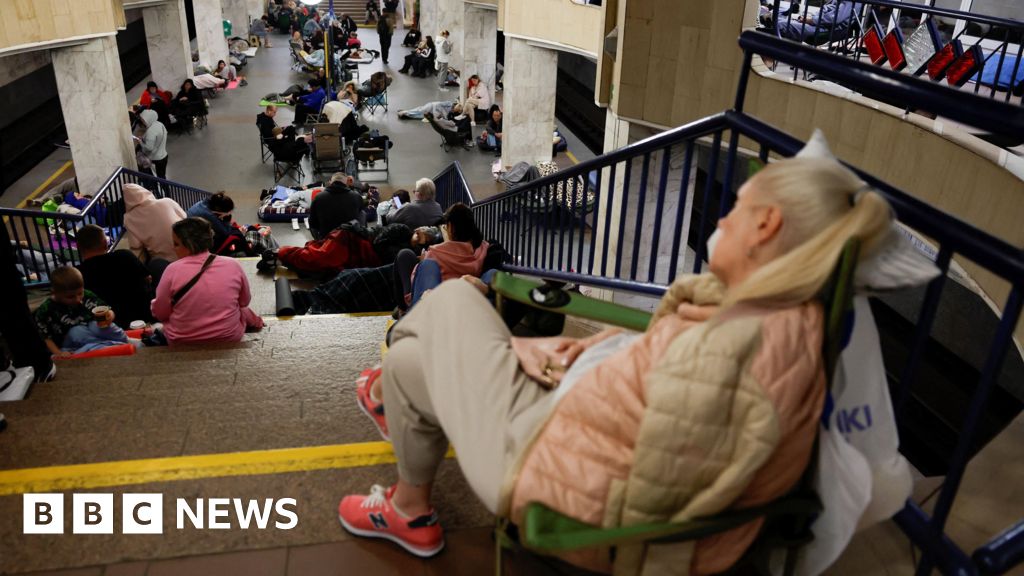With relentless air raids marking the night, sleep deprivation has reached crisis levels in Ukraine, experts warn. The mental health toll of prolonged conflict is becoming more evident as citizens grapple with insomnia and anxiety exacerbated by near-daily drone attacks.
For Sofia Tsarenko, a 22-year-old from Dnipro, initial coping mechanisms like social drinking quickly transformed into reliance on medications when anxiety grew unbearable. "It felt like angels were taking me to sleep," she expressed about her experience with antidepressants and sleeping pills. Her story reflects a growing trend among Ukrainians, who struggle to find rest amid the unending threat of drone strikes and missile attacks.
The ongoing war, now in its third year, has resulted in thousands of fatalities and countless injuries, but the invisible wounds are equally devastating. The psychological effects are taking a toll; as drone operations have intensified—especially since recent peace talks—urban areas are increasingly vulnerable.
Experts have noted that chronic sleep deprivation, often referred to as "sleep debt," can lead to heightened anxiety and irritability, alongside more severe mental health issues. As drones hum ominously overhead, many Ukrainians find themselves lying awake, engaged in a battle against both external threats and internal fears. The urgent need for comprehensive mental health support in Ukraine has never been clearer, as the echoes of war continuously disrupt the peace of night.
For Sofia Tsarenko, a 22-year-old from Dnipro, initial coping mechanisms like social drinking quickly transformed into reliance on medications when anxiety grew unbearable. "It felt like angels were taking me to sleep," she expressed about her experience with antidepressants and sleeping pills. Her story reflects a growing trend among Ukrainians, who struggle to find rest amid the unending threat of drone strikes and missile attacks.
The ongoing war, now in its third year, has resulted in thousands of fatalities and countless injuries, but the invisible wounds are equally devastating. The psychological effects are taking a toll; as drone operations have intensified—especially since recent peace talks—urban areas are increasingly vulnerable.
Experts have noted that chronic sleep deprivation, often referred to as "sleep debt," can lead to heightened anxiety and irritability, alongside more severe mental health issues. As drones hum ominously overhead, many Ukrainians find themselves lying awake, engaged in a battle against both external threats and internal fears. The urgent need for comprehensive mental health support in Ukraine has never been clearer, as the echoes of war continuously disrupt the peace of night.




















